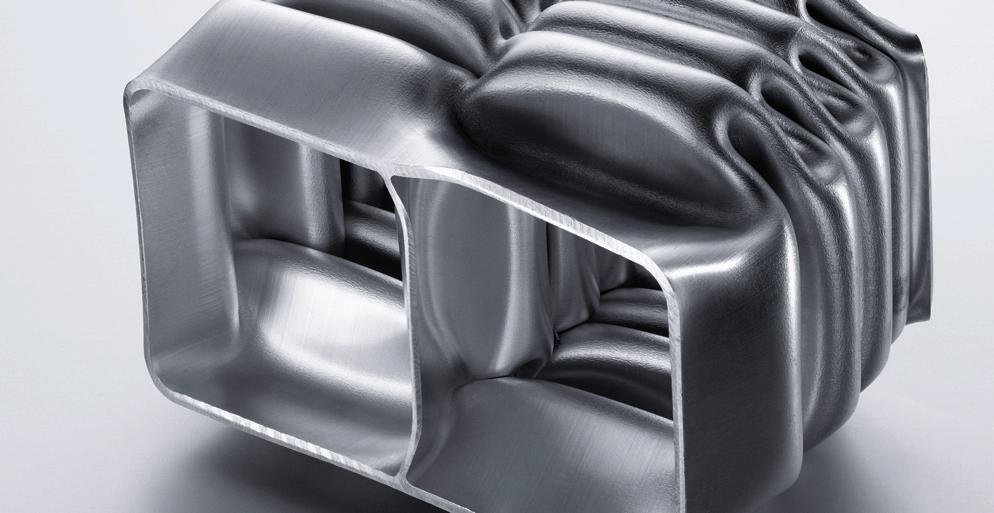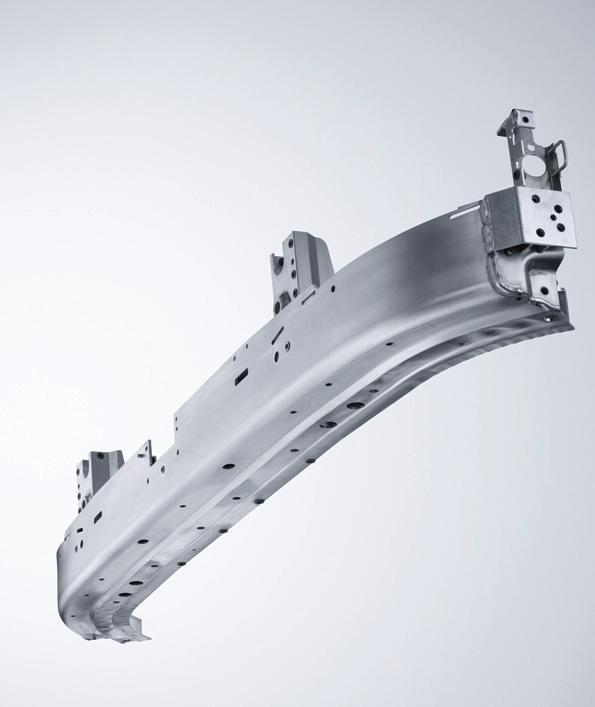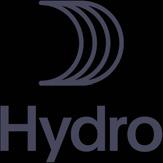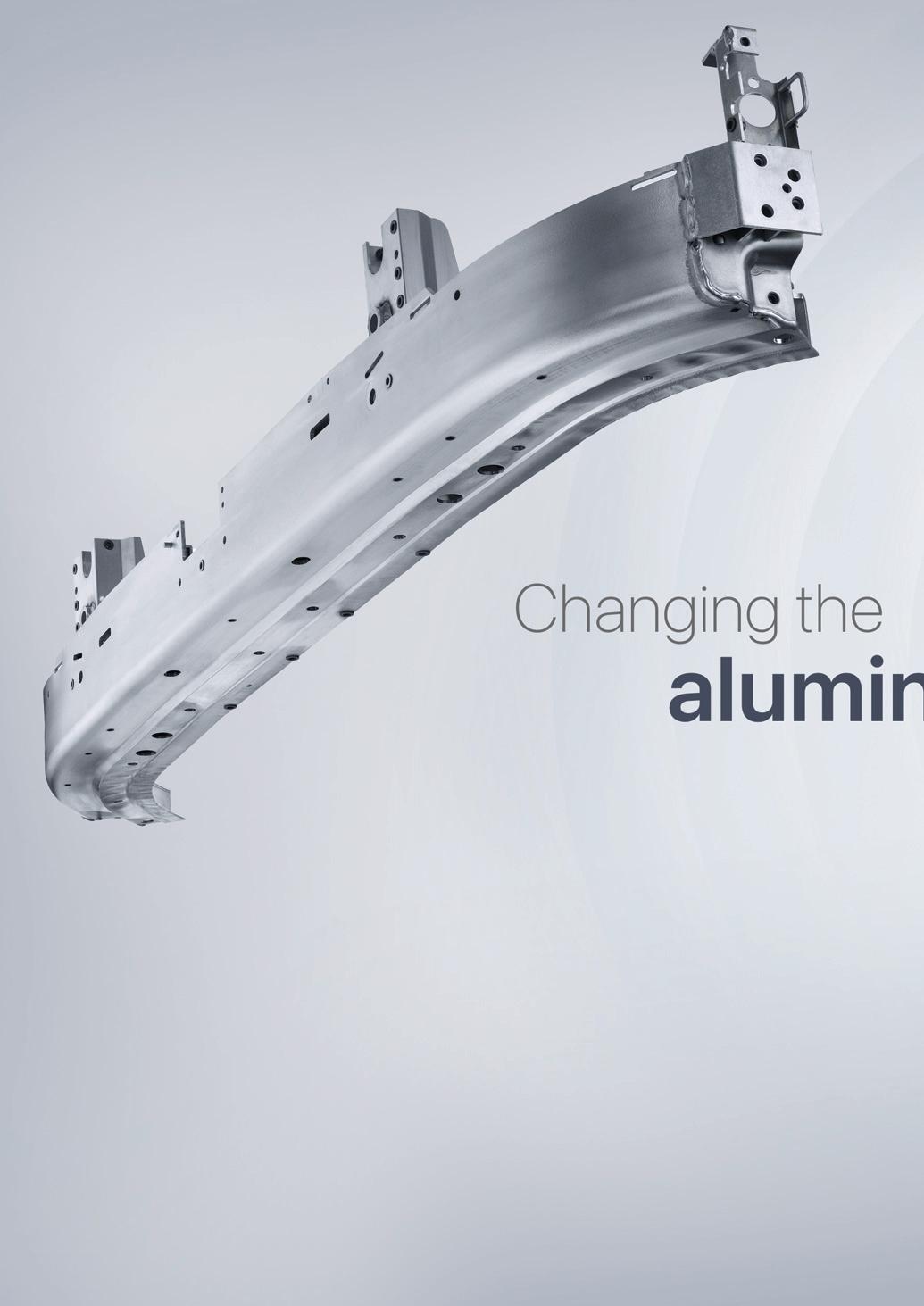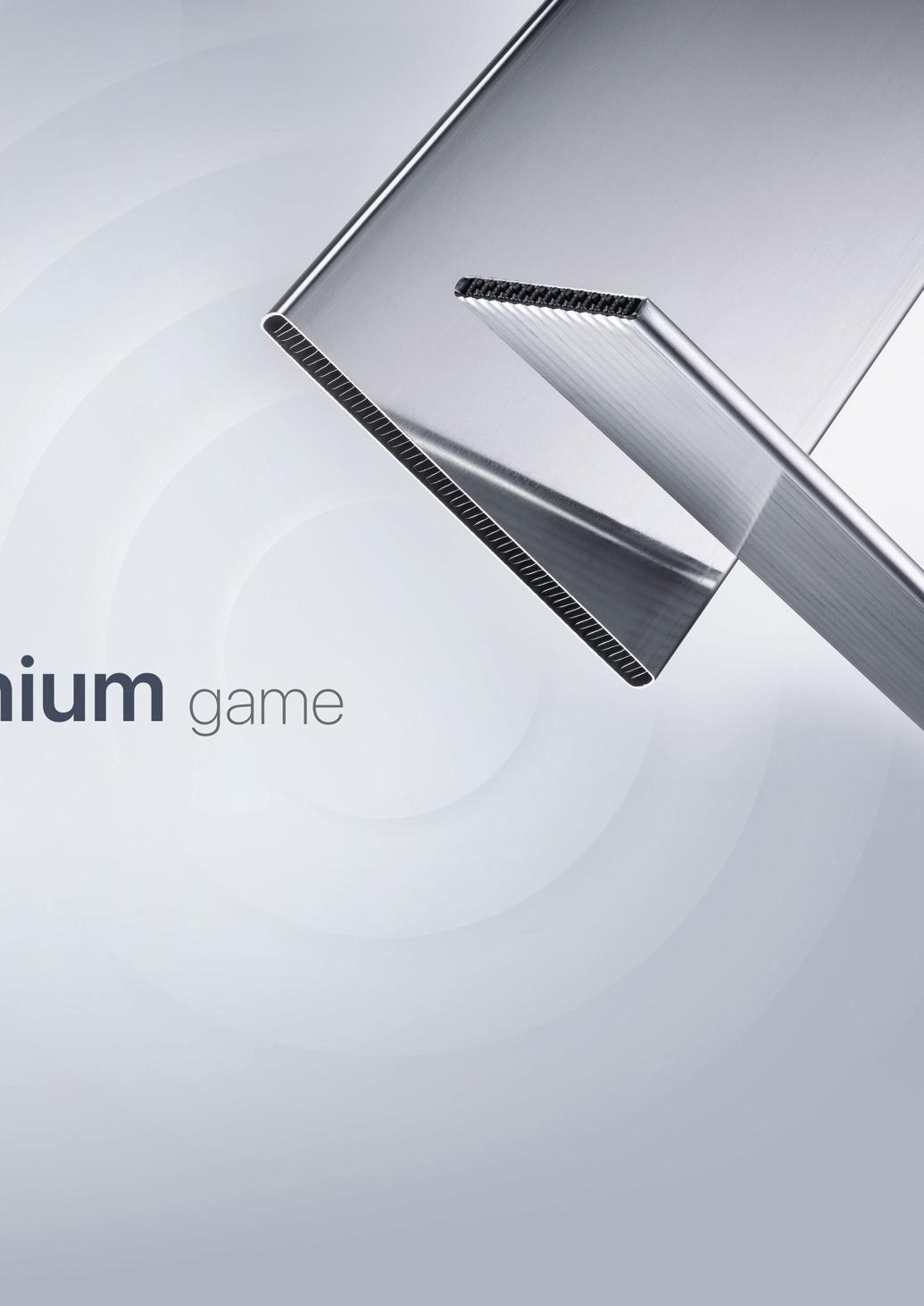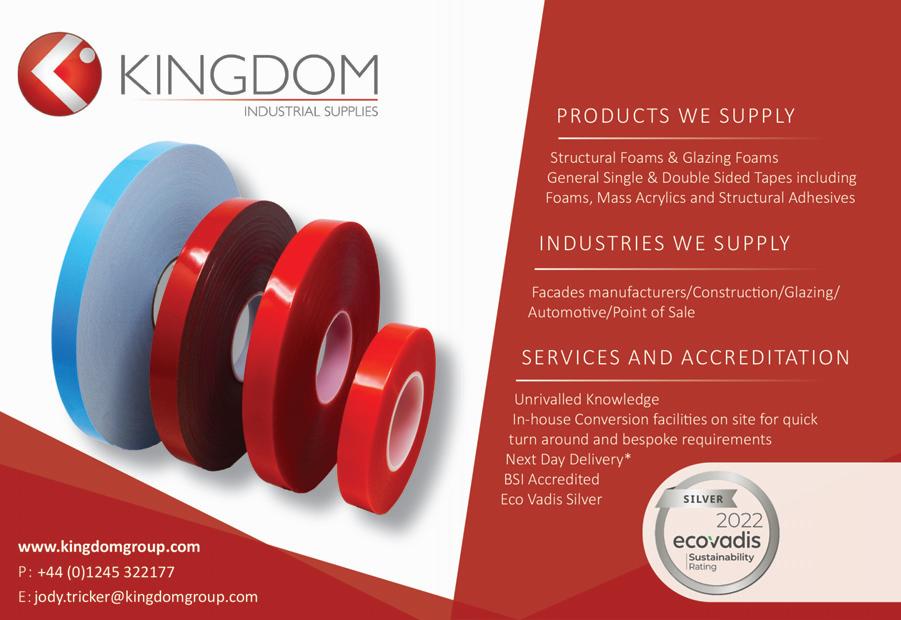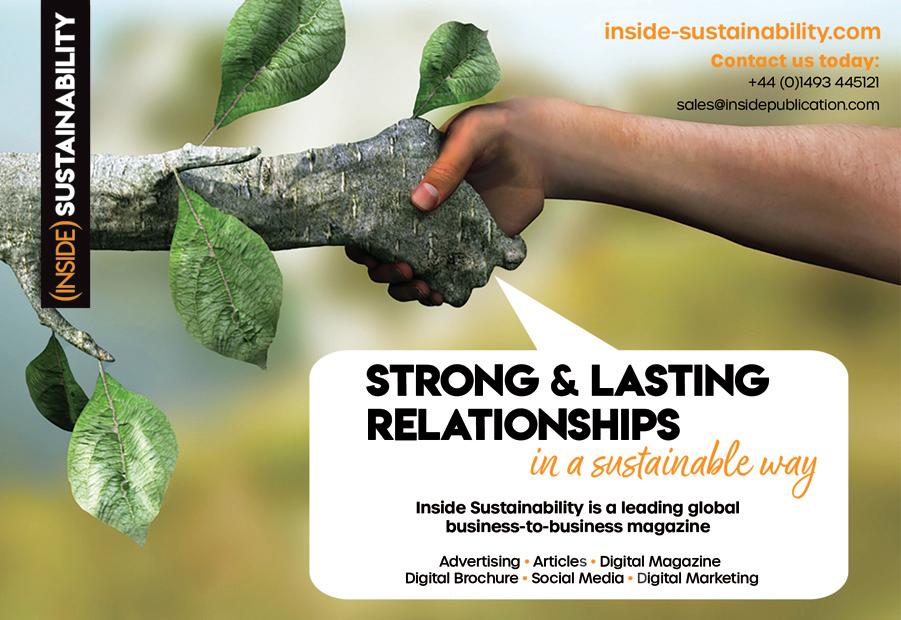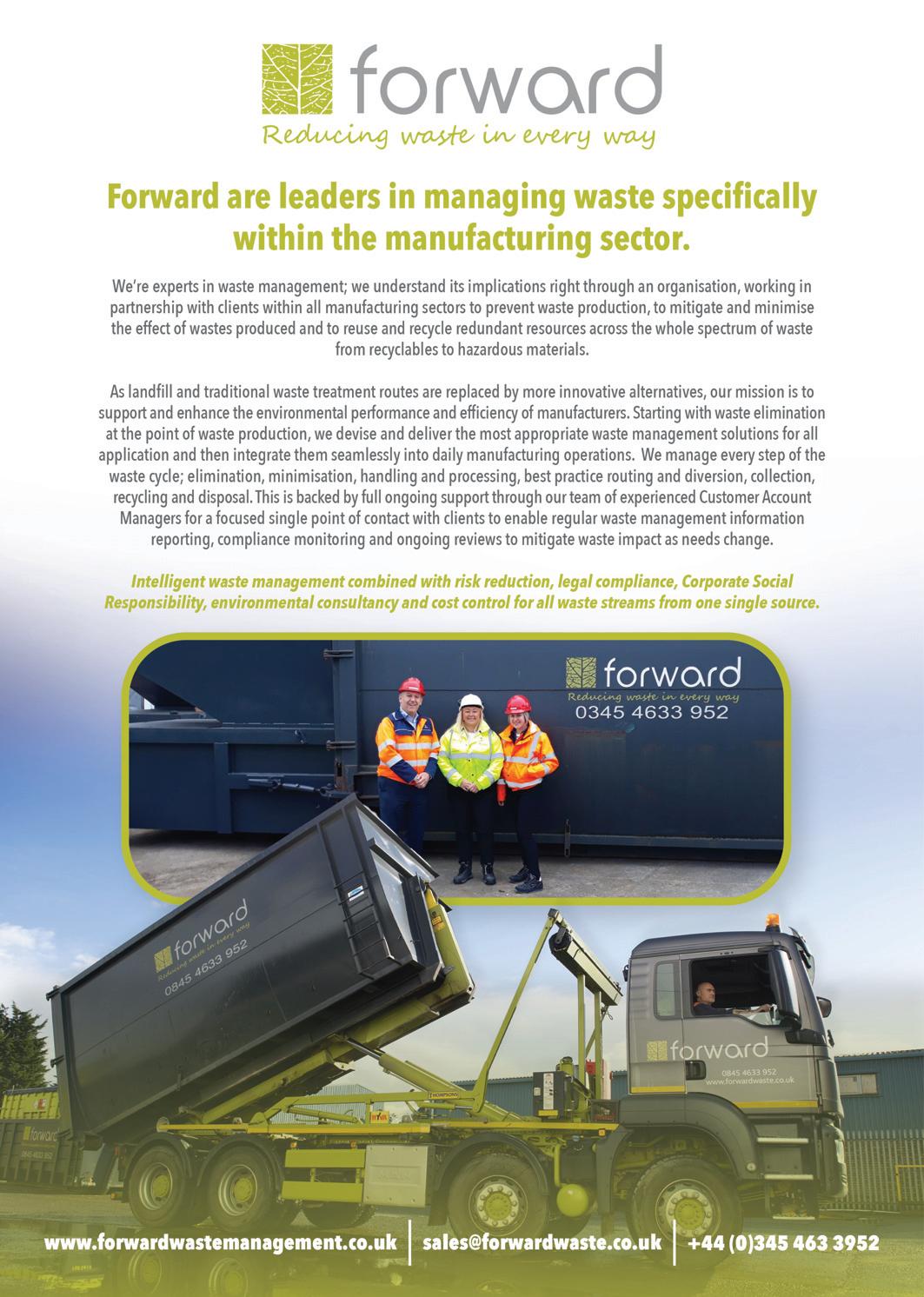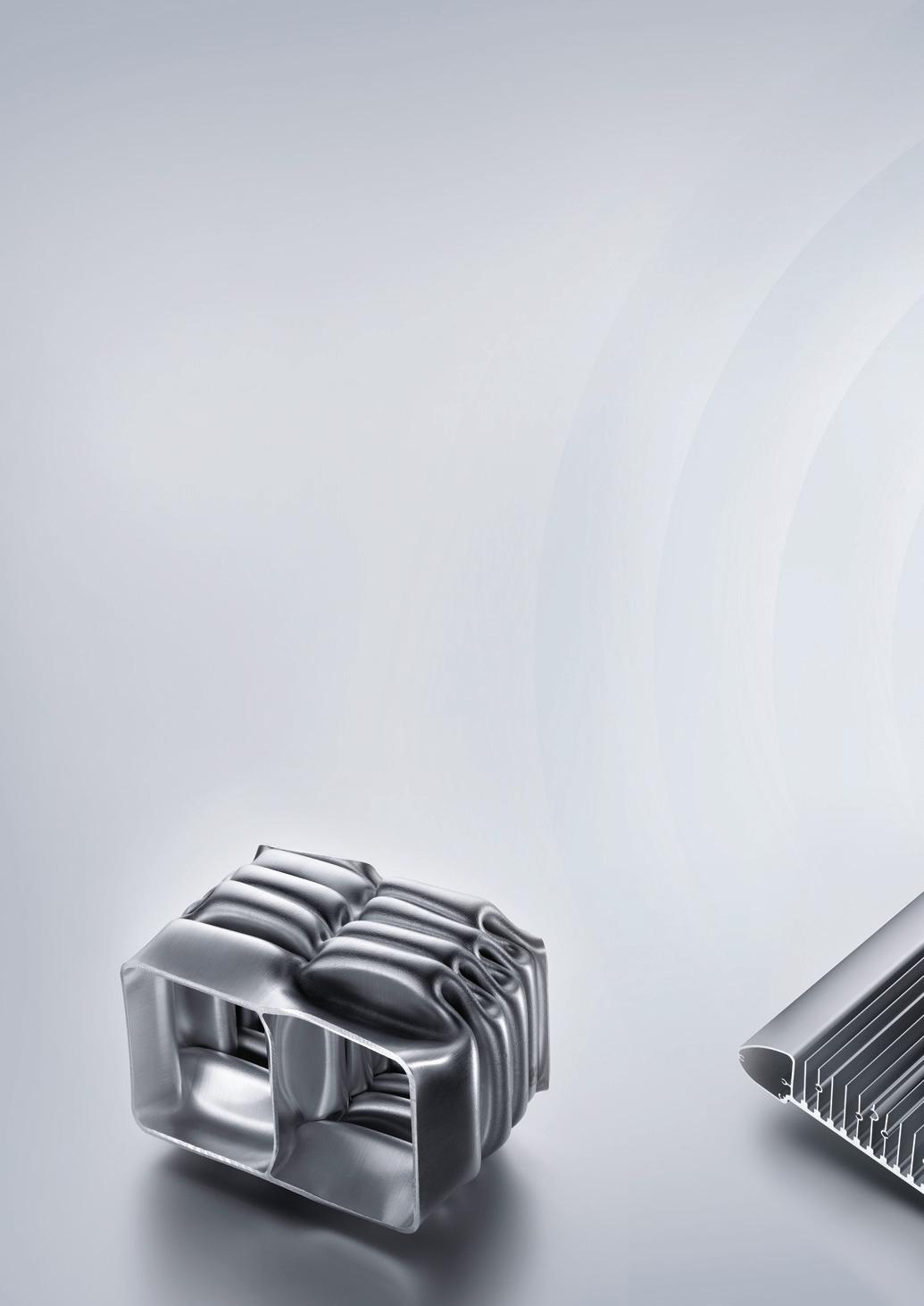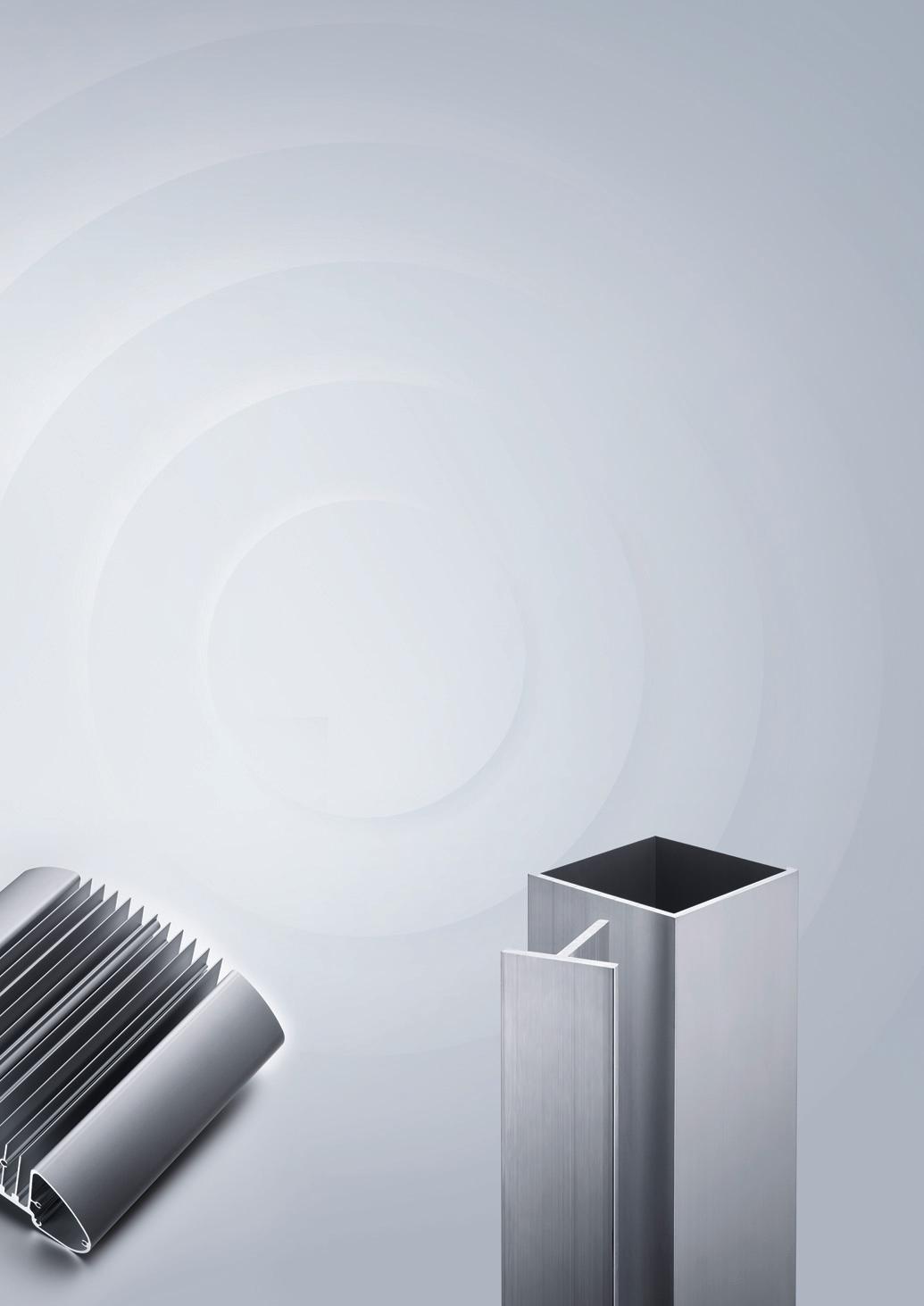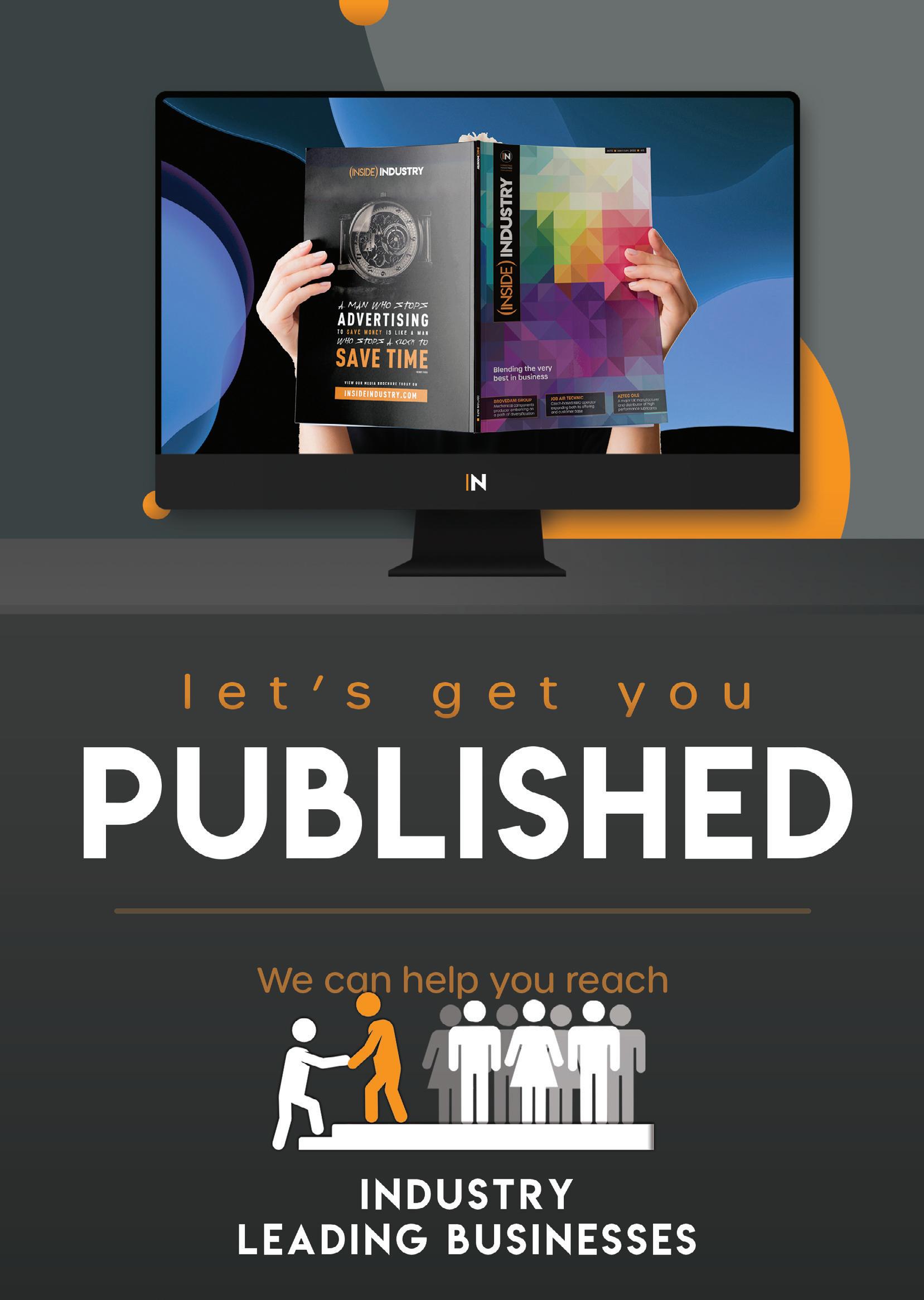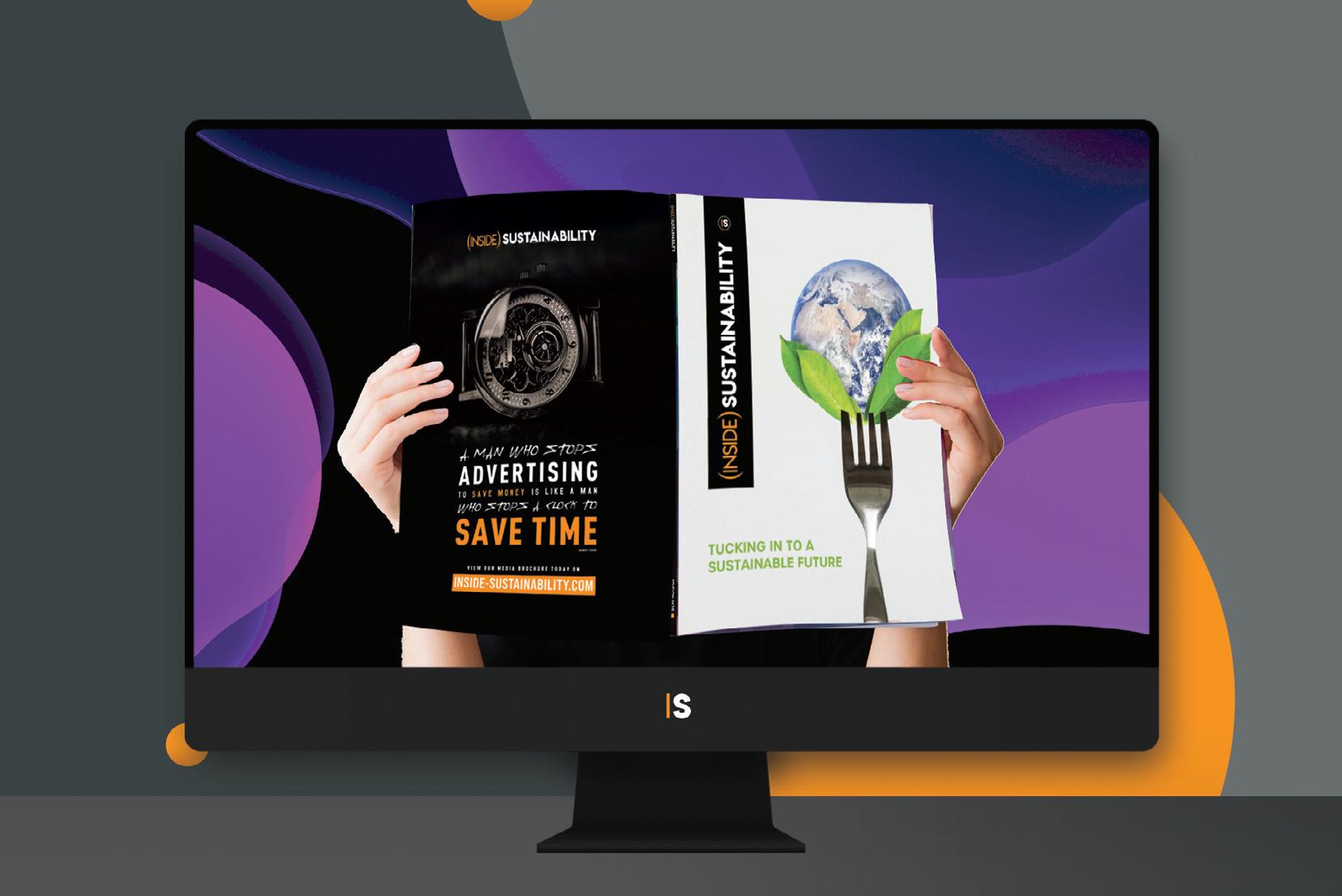Norsk Hydro is a global aluminium an company committed to a sustainable UK division, Hydro Aluminium UK Ltd, i provision of bespoke aluminium profi Sustainability Ian Bould discussed ES and targets, in conversation with Ant
NORSK HYDRO I PROFILE
nd renewable energy e future. The company’s is dedicated to the iles. UK HSEQ & SG standards tonia Cole.
The entire Norsk Hydro group aims to become net zero by 2050, or earlier, UK HSEQ & Sustainability Ian Bould said: “It will be a challenge, but at Hydro, we are committed to reaching this target. Currently, we are implementing measures to reduce our Scope 1, 2 and 3 emissions until 2030, and are making good progress.”
With more than 100 years of experience in aluminium production, Hydro specialises in the extrusion, fabrication, surface treatment and recycling of aluminium profiles. The company has four manufacturing plants, one fabrication plant and a recycling facility across the UK in Bedwas, Birtley, Cheltenham, Tibshelf and Wrexham, with over 700 skilled employees delivering high-quality results to customers, with a low carbon footprint.
NORSK HYDRO I
The company is committed to research and development, implementing the latest innovations into practice. Hydro ensures that its techniques and equipment remain at the forefront of the industry, as well as continuously utilising different sustainable methods to limit environmental impacts.
“Our aluminium has one of the lowest carbon footprints on the market,” added Mr Bould. “What we produce is substantially greener than most international imports. Our ability to monitor and improve our impact throughout the value chain is what really sets us apart. We are meeting the demand for low carbon recycled aluminium and advancing our capabilities year on year. This is key to our success.”
The green transition
Hydro is dedicated to limiting its carbon footprint, making improvements to every stage of production in the aluminium value chain. One of the largest single projects is to implement
a greener energy mix at the Alunorte alumina refinery in Brazil. Currently, the refinery uses coal and oil as an energy source. Hydro will switch to electrical burners and natural gas to reduce direct carbon emissions.
Additionally, Hydro only uses 100% renew able electricity in the UK, significantly reducing its environmental impact. As the energy is REGO certified, it provides a level of traceability and transparency in Hydro’s operations.
“As part of our green transition, we are working in close collaboration with our entire supply chain,” commented Mr Bould. “Not just on the metal we buy, but also the products we use. We aim to be as sustainable as possible so that, in turn, our customers can improve their environmental standards too.” Through accreditations, such as the Aluminium Stewardship Initiative, Hydro ensures the compliance with minimum ESG criteria and gains control over the traceability of aluminium. This enables the
company to be fully transparent with clients about its impact, building trust and longterm relationships
In the UK, the company expects to send zero waste to landfill by 2030, or earlier. Working with partners across the industry, Hydro is sending waste products such as filter cakes, which are useful in the cement sector, to be reused elsewhere. This gives value to excess materials and reduces waste.
As an extension to this, Hydro is accurately measuring all processes to monitor both energy and water consumption. Then, the company puts programmes in place to minimise excess usage and make operations more efficient. So far, Hydro has reduced emissions of aluminium products from electrolysis by 70%, since 1990.
HalZero is an innovation from the Norsk Hydro group that it is looking to implement into its greenfield smelter projects. Although the technology is under development, completion will decarbonise the smelting
of aluminium. The process involves converting alumina to aluminium chloride prior to electrolysis, closing the loop on chlorine and carbon. Hydro is also exploring different decarbonisation paths, such as carbon capture and storage, plus green hydrogen for its existing operations.
A circular economy
“The fastest way to reach our 2025 targets of reducing emissions by 10 per cent, and Scope 3 emissions by 30 per cent until 2030, is through recycling,” continued Mr Bould. “Aluminium is infinitely recyclable, with 75 per cent of the material being reusable and the recycling process using 95 per cent less energy. Recycling of post-consumer aluminium scrap and new technology will be the main levers for delivering more low-carbon aluminium to our customers. “This technology, and other developments, will be implemented as we continue to invest into R&D, as well as our facilities.”
Hydro’s ability to produce a portfolio of low-carbon, recycled aluminium products is what makes it stand out in the market. One example of this is that often, the company makes platforms for festivals, which become worn down quickly throughout events. However, Hydro’s ability to recycle the material as part of a closed loop, extends what was a short life cycle into an infinite one.
“Another benefit to aluminium is that it’s a very lightweight material,” added Mr Bould. “This gives us the versatility to work with customers to create eco-designs. For example, some batteries are very heavy, so the aluminium cradles need to be light. This benefits the production of sustainable technology like electric vehicles and makes them more efficient.”
“As a fully integrated aluminium company, Hydro is in a unique position to understand and establish a certified material chain reaching all the way from bauxite extraction to aluminium castings, to extruded and recycling,” explained Florian Schnetzer, Sustainability Manager Extrusion Europe. “Our binding Hydro Supplier Code of Conduct and applicable global Hydro policies support us in achieving this.
“The application of ASI certification through our aluminium business areas underlines Hydro’s strategy, with emphasis on innovation and sustainability, and is part of a broader push to offer more sustainable products and solutions.”
Making a difference
Hydro collaborates with partners and suppliers to innovate new sustainable systems. One current project involves replacing
wooden spacers in packaging with plastic alternatives. This creates the opportunity for the spacers to be reclaimed and reused.
Additionally, the company is looking to utilise plastic waste from the ocean to make these spacers. Hydro has participated in beach cleans around the UK, both helping the environment and educating employees and the supply chain about waste on beaches.
“Projects like our spacers will only be made possible through open communication across the value chain,” said Mr Bould. “We are working with our partners to improve ESG standards throughout the whole industry. A process called urban mining, where we recover aluminium from a city’s waste, is an example of this collaboration really benefitting both people and the environment. We are looking to build up more relationships to support initiatives like this.”
Hydro strives to protect the environment, but it also looks to support the safety and wellbeing of people. The company ensures that it is compliant with all relevant laws and regulations, as well as further helping employees through training and development opportunities.
“It is essential to support our partners, suppliers and employees in every decision we make,” continued Mr Bould, in conclusion. “We have to make investments that benefit the environment, communities and the company overall. Balancing these aspects is what makes us a successful and strong leader, now and into the future.”
n
